Cooking with kids is a fun and delicious way to bond as a family. You will create memories and delicious meals to cherish with the kids. Additionally, cooking can prove an educational experience and a great way to empower kids and teach them many life skills.
Next time you are in the kitchen, remember to invite your kids to join in and make it a fun and enjoyable experience for everyone.
Give kids age-appropriate tasks
You can assign age-appropriate cooking tasks depending on their skill level and interests. You may give them complex tasks as they get more experienced and older.
- If they are young and completely new to the kitchen, you can consider activities like adding ingredients and mixing them. A toddler can have fun mixing ingredients using a spoon or whisk. They may also help pour ingredients, arrange toppings, and cut out shapes using cookie cutters.
- Children older than that can measure ingredients using cups and spoons. With adult supervision, they may follow simple recipes, use a blender and grater, and chop fruits and vegetables.
- Children around the age of ten can participate in cooking complex recipes. They may also use the knife, oven, stove, and peeler with your supervision.
Make it a game
Here are a few ways to turn cooking with kids into a game:
Scavenger hunt
Give the kids the list of ingredients and tools required. Let them collect them all. It sets a joyous mood for the session even before it starts and helps the kids be mindful of what goes into the preparation. Of course, you will be able to double-check the presence of everything needed.
Time preparations
Grab that pomodoro timer or the timer in your phone. Challenge the kids to mix ingredients, knead the dough, wash vegetables, or cut shapes using a cooking cutter within a specific time.
What’s this?
Let the kids guess the ingredient handed to them, eyes closed, by tasting or feeling it.
Pretend play
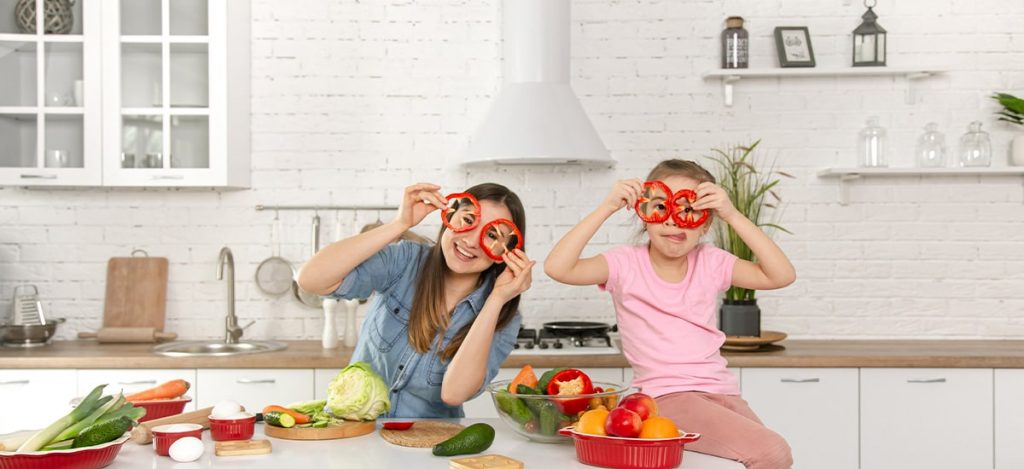
Pretend with kids to turn the kitchen and the dining area into a cooking show or a restaurant. Play roles of guests, chefs, and show judges. Ask the kids to explain the cooking process, or have them handle a disgruntled yet funny customer. Have fun going over-the-top and wild with your imaginations, decorations, and presentations.
Teach them about nutrition and healthy eating
Cooking with children can be a great way to nurture healthy eating habits. Use the opportunity to discuss nutrition and healthy eating.
- Talk or quiz them about food groups, nutrients, storage methods, and preparation. You can encourage children to try new foods and flavors and explain the benefits of eating meat, fruits, vegetables, whole grains, and other produce.
- The colors of the food can make this engaging visually. Make concepts like macronutrients and micronutrients simple with how the colors of a food item can be indicators of vitamins in them.
- The measuring cups, spoons, and plate arrangements can teach children portion control and balanced meals.
- Read food labels with the kids and make the right choice in food. This activity can start right from the grocery store. Let them compare food labels and pick the healthiest food or ingredient.
Make cooking with kids a tradition.
Make cooking with kids a regular tradition to create lasting memories and instill in children an appreciation of different food and preparation.
- Set aside a regular time each week to cook together, whether once a week or once a month.
- Make it a tradition to cook something regularly. Try a new recipe every once in a while.
- Compile a recipe book or a scrapbook. Note down details of the dishes or memories from each cooking session.
- Make it a family affair. Involve guests, friends, or cousins if they are visiting.
- Find time to cook together during holidays and special occasions like birthdays.
Safety first
Never let the child out of your sight or leave them unattended in the kitchen, even for a short period.
Give the kids your full attention and guidance when they handle equipment like the stove, blender, oven, electrical whisker, or any other item. Young children should not be allowed to use such equipment. The same goes for knives, peelers, matches, lighters, and other sharp or flammable items.
Do not let children sit atop the counter when using the stove or near hot food and utensils.
Teach kitchen safety, proper use of the equipment, and the right way to handle and store food to prevent contamination.
Cooking as an Educational Experience
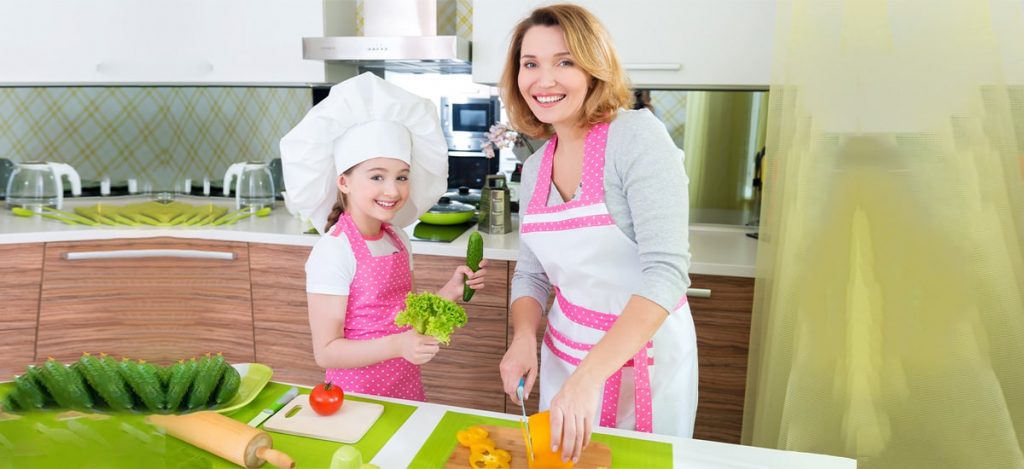
Encourage questions, allow mistakes, give space and guidance to learn from them, and be patient and supportive.
- Talk with them about a balanced diet, eating healthy, sustainable sourcing, and more.
- Use the kitchen and the cooking experience to introduce kids to basic math and science concepts like measurements, ratios, proportions, volume, density, weight, chemical reactions, saturation, boiling points, and more.
- You may also learn and talk about different cultures and cuisines.
- Take the opportunity to teach children kitchen safety and food hygiene. Give importance to washing hands and food and maintaining a clean kitchen.
- Cooking can be a great way to introduce budgeting and planning. Involve kids in drawing your grocery list and procuring them based on discounts or their seasons.
In addition to being an excellent way to bond, educate, and practice healthy eating habits, involving children in cooking helps them develop creativity and decision-making skills.
If you are looking for a professional environment for your child to learn to cook and have fun doing it, be sure to check out our list of cooking classes for kids. We also offer parent-assisted cooking classes in Dubai where you can participate with your child. Get in touch with us to learn more.
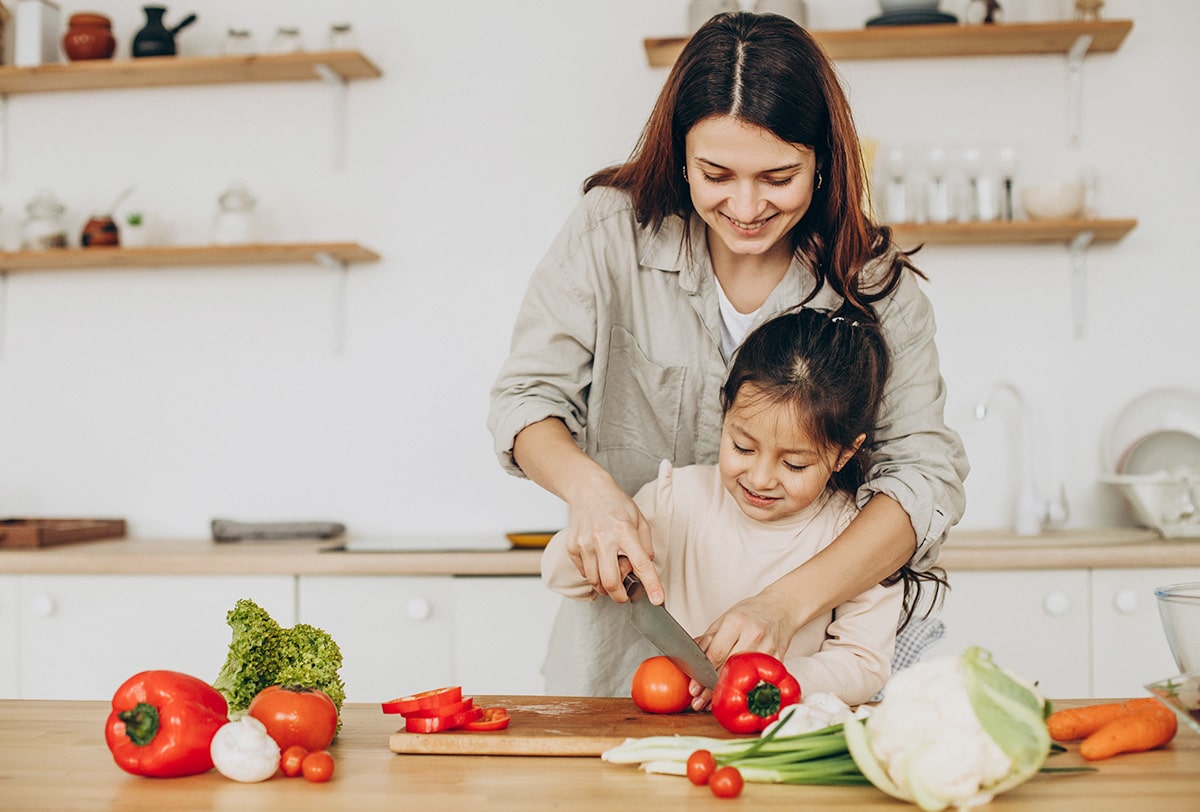

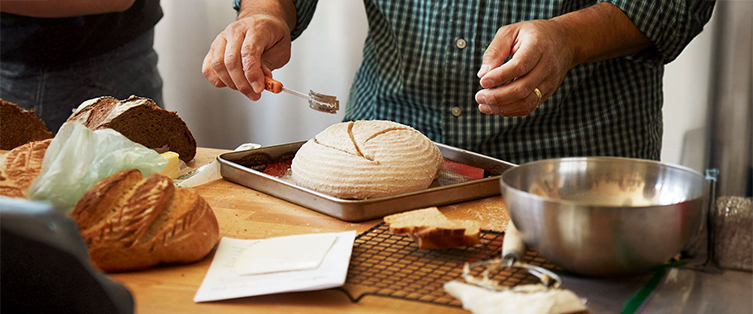
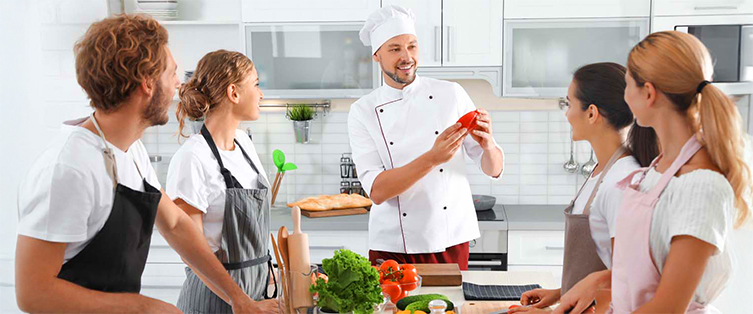

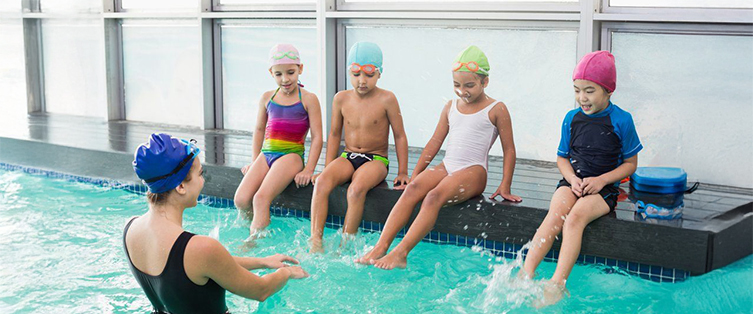
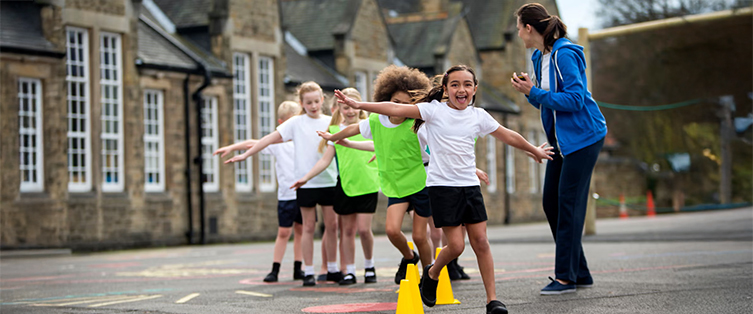
Leave a Reply